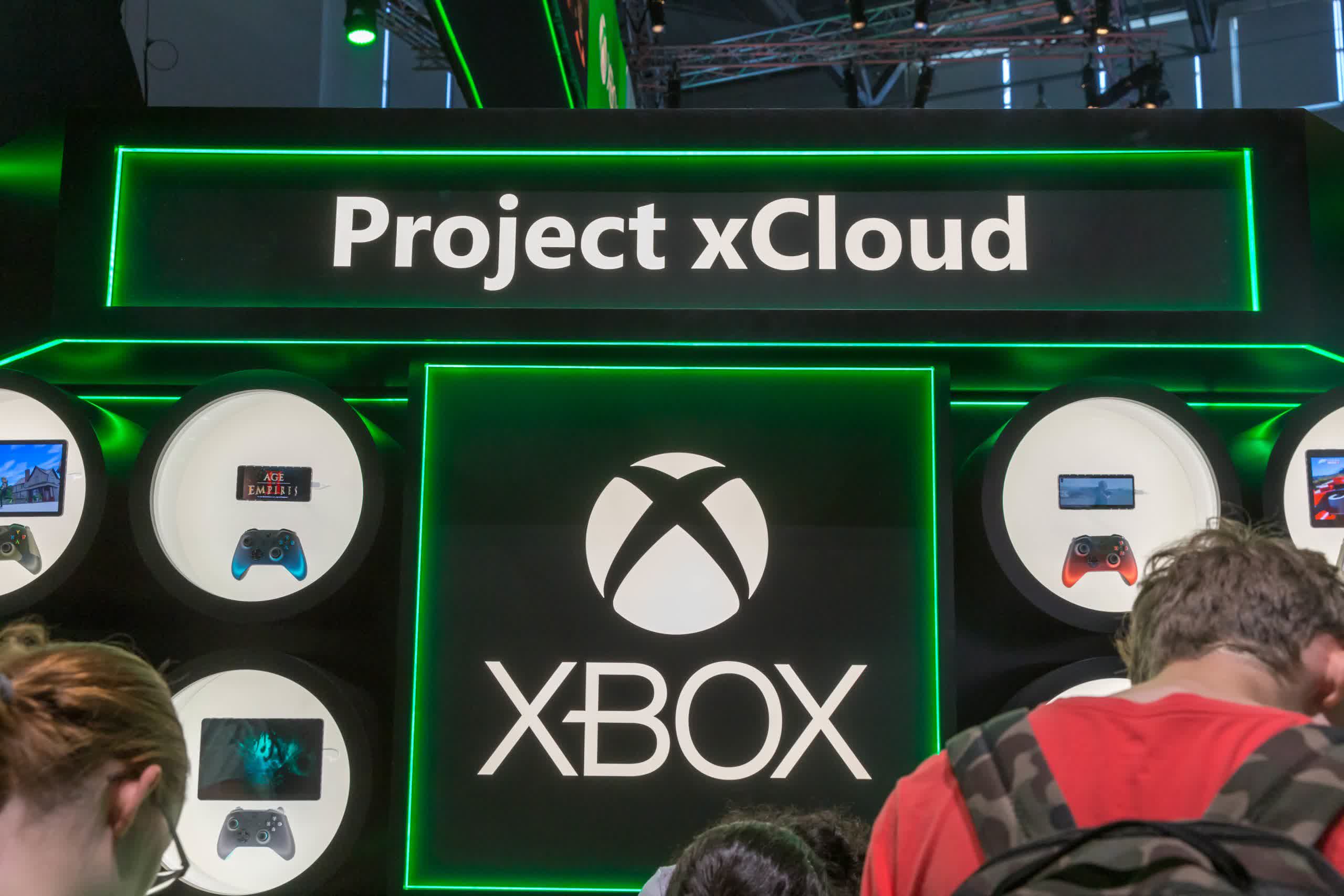What just happened? Microsoft just got approval from the European Commission to buyout Activision Blizzard King. However, it still has a long way to convince US and UK authorities. However, one has to give the Redmond tech giant credit for sticking to it. Never in my life have I seen more friction directed at two companies that willingly want to merge. But is that tenacity stemming from commitment to the deal or desperation to catch up to Sony in the console wars?
The European Union has approved Microsoft's $69 billion Activision Blizzard acquisition, allowing it to hurdle another obstacle in its very long road to deal closure. The European Commission said it would hold Microsoft to honor its suggested concessions.
"The approval is conditional on full compliance with the commitments offered by Microsoft," the EC said in its press release.
The Commission said that Microsoft's compromises "satisfied" the EC's primary concerns, which revolved around the cloud gaming space. It believes that the merger would not harm the console or multi-game subscription services competition. Instead, it fears the deal significantly impacts growth and innovation in the burgeoning cloud-gaming market. It also argued that if the Redmond firm made Activision games exclusive to its streaming platform (formerly xCloud), it would, by extension, "strengthen" the Windows operating system to an unfair degree.
Microsoft's proposals, accepted by the European Commission today, would allow Microsoft to set the terms and conditions for this market for the next 10 years.
– Competition & Markets Authority (@CMAgovUK) May 15, 2023
[3/5]
To quell the EC's fears, Microsoft agreed to allow consumers in European states to stream current and future Activision titles on any cloud gaming platform they choose for the next 10 years. It also grants the same 10-year allowance to game-streaming providers. So for at least the next decade, Redmond has to allow other platforms, like GeForce Now and Sony's now-integrated PSN Now, to stream Activision and Blizzard titles, at least in Europe.
This is one of the reasons the CMA's independent panel group rejected Microsoft's proposals and prevented this deal.
– Competition & Markets Authority (@CMAgovUK) May 15, 2023
While we recognise and respect that the European Commission is entitled to take a different view, the CMA stands by its decision.
[5/5]
Microsoft is happy with the EC's decision, but the fight remains unresolved. The UK's Competition and Markets Authority (CMA) came to the same conclusions as the EC regarding how the merger would hurt cloud gaming. However, in a five-part Monday tweet, the CMA stated that Redmond's concessions do not satisfy its concerns. As such, the CMA's blocking of the deal remains.
"The CMA concluded that cloud gaming needs to continue as a free, competitive market to drive innovation and choice in this rapidly evolving sector. Microsoft's proposals, accepted by the European Commission today, would allow Microsoft to set the terms and conditions for this market for the next 10 years ... This is one of the reasons the CMA's independent panel group rejected Microsoft's proposals and prevented this deal. While we recognise and respect that the European Commission is entitled to take a different view, the CMA stands by its decision."
On the other side of the pond, the US Federal Trade Commission filed a suit to block the merger last December. The FTC's findings were slightly broader than the CMA's and EC's, saying that the deal would harm competition in the streaming, console, and subscription services markets.
Navigating through the CMA and FTC blockades could take several months. The FTC lawsuit doesn't commence until early August. The CMA only issued its reservations last month, so that's just getting going. It's hard to say if the EC approval will bear any weight with US regulators. There could be even more concessions, especially since the CMA made it clear that Microsoft's compromises are insufficient.
